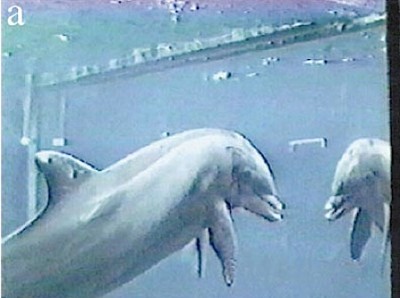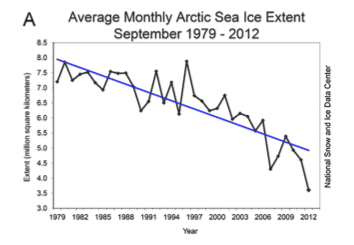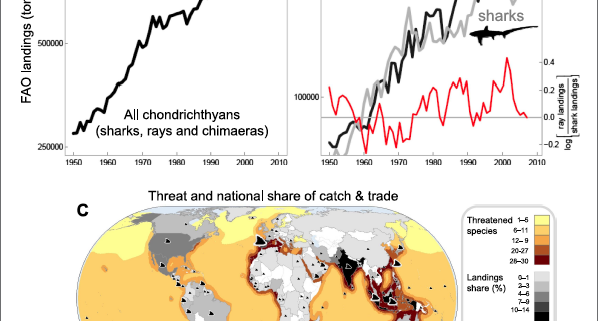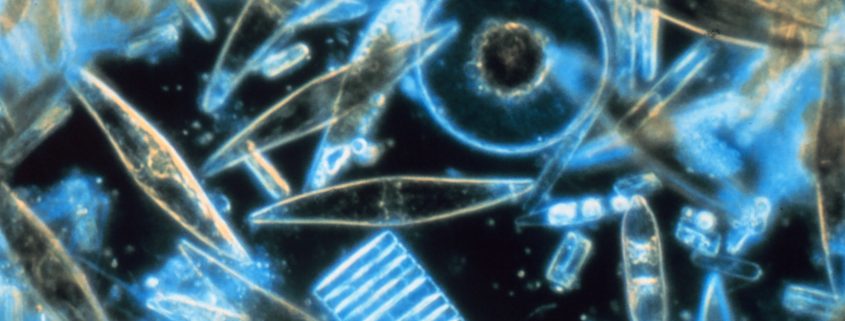Investigating the Intellectual and Emotional Lives of Cetaceans
By Heather Alberro, RJD Intern The question of intelligence in animals other than human beings and perhaps some species of primates is a provocative and widely contested one. However, there is a growing body of evidence suggesting that cetaceans, the mammalian order that includes whales and dolphins, may possess many of the “intelligence markers” we […]
Shark Tagging with Our Lady of Lourdes Academy
By Hannah Calich, RJD Graduate Student and Intern Despite not being a morning person, I never seem to have a problem waking up on trip days. This past Saturday was no exception. I was especially excited because this was going to be my first trip with the Our Lady of Lourdes Academy (OLLA) and my […]
Seafloor Biomass and Climate Change
By: Patrick Goebel, RJD Intern The bottom of the ocean is a dark and mysterious place. It was first believed that this was a lifeless barren dessert. However, in recent years our understanding of this wasteland has changed. Submersible submarines, baited cameras and core samples have shown that life can survive at these deep depths. […]
Cetacean Species Affected by Warming Arctic
By Hannah Armstrong, RJD Intern Global climate change, among other anthropogenic issues, is becoming an increasingly significant threat to the Arctic region of the world. Specifically, higher average temperatures and rapidly disappearing sea ice are of conservation concern for ice-dependent species. Arctic marine mammals are specifically adapted to take advantage of the climatic conditions that […]
Comprehensive Review of IUCN Shark and Ray Extinction Risk: Factors increasing risk, under-management of fisheries, and shortcomings in current conservation activities
By Kyra Hartog, RJD Intern The natural world is changing rapidly in the face of land and coastal development, climate change, fisheries, and other human impacts. With these changes come conservation concerns for the various species that inhabit these areas impacted by human activities. The International Union for Conservation of Nature and Natural Resources (IUCN) […]
Fish living in the “twilight zone” have a greater biomass than previously thought.
By James Keegan, RJD Intern Mesopelagic fish, fish living at depths between 200 and 1000 meters in the ocean, reside in water with very low levels of light. Although they are typically small, mesopelagic fish constitute the largest biomass of fish in the world because of their immense numbers. Previous estimates state that there are […]






